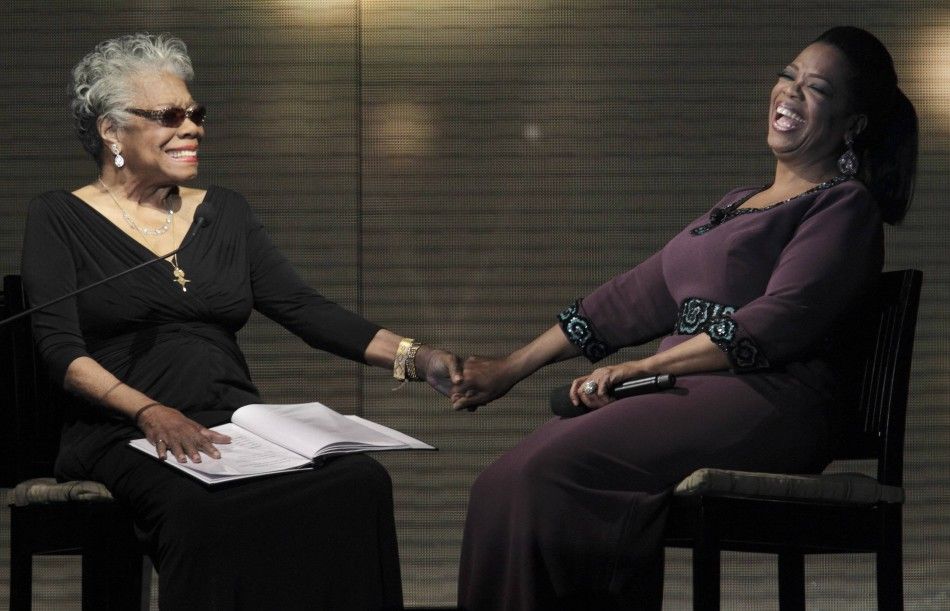Celebrities Who Were Victims of Rape: Psychological and Physical Effects of Rape
Oprah Winfrey, Madonna, Pamela Anderson, Tim Roth are a Few Among the Many Survivors of Rape
A survey by the U.S. Department of Justice's National Crime Victimization Survey (NCVS) revealed that in the United States alone, there are 237,868 rapes committed per year. The bureau defines rape as "a type of sexual assault usually involving sexual intercourse, which is initiated by one or more persons against another person without that person's consent."
From women in the military to those in schools colleges, the crime happens against all. Irrespective of race, class or gender, it is reported that 62 per cent of the offenders are men and 38 per cent are women. Even celebrities have faced sexual assaults and rapes, some when they were kids, some prior to gaining fame and some after being famous personalities as well.
Oprah Winfrey, Madonna, Pamela Anderson, "American Idol" alum Fantasia and Pulp Fiction actor Tim Roth is also a survivor of rape. Roth is a survivor of incest and was abused as a child just as Maya Angelou and Oprah Winfrey were.
The NCVC found that of the 237,868 rapes, 44 per cent of the victims are under the age of 18 and 80 per cent are below 30. There is one person sexually assaulted every two minutes in the United States. The issue does not end with facts and figures alone. It is not just a normal crime but an incident that changes the victim mentally and physically.
Rape Crisis Helderberg stated that the victim may undergo immediate shock after the incident. They feel nauseous, tired and are in a perplexed state of mind. They can even face gynaecological problems such as, "irregular, heavier and/or painful periods, vaginal discharges, bladder infections, sexually transmitted diseases like syphilis, gonorrhoea and/or AIDS." Infections in the vagina are common too. The Rape, Abuse and Incest National Network (RAINN) have listed other severe effects of rape, which include lower body pain, soreness, eating disturbances and sleep disorders.
Even if they heal physically, mentally they remain scarred for life. Most often, the first psychological outcome of rape is self-blame. Pamela Anderson was forced into having sex while in high school. She revealed later that she wanted to erase that very memory. "Looking back, it was awful," Anderson said. "I felt like everyone knew that I had had sex, like it was tattooed on my forehead."
Self-blame most often blocks their mind from healing the psychological scars. Post-traumatic stress disorder (PTSD), depression, aggression, guilt and personality disorders are the common behavioural consequences. Emotions run the gamut from fear to anger to guilt.
Jennifer Marsh, vice president of victim services for RAINN, the nation's largest anti-sexual-violence organisation, told CNN that most often people do not come out in the open for fear of being blamed. She said that it doesn't matter if the victim is drunk, "a sexual assault is a sexual assault" and needs to be taken to court. That process is endless, Meier says. But family support and the help of friends and society can help the victim cope with her struggles and move on.
"Although they may never be able to forget that this happened, it doesn't have to define who they are or the choices that they make," she said.


























